Fr. Patrick Longalong talks about predator priests, the Simbang Gabi, and the Church’s 8-minute rule
By Cristina DC Pastor
I know very few Filipino priests in America. Three to be exact.
One of them is this elderly priest, a favorite in the community, whose touchy-feely ways give me the heebie-jeebies. Another is the priest in my parish whose homilies I find a little gimmicky. In one homily, he brought a beach ball and asked a kid to snatch it from him. He wanted to illustrate why we should not lose our Faith or take it for granted.
And then there’s Father Patrick Longalong, 34, whom I met recently when I attended a meeting of the Simbang Gabi stakeholders at the Philippine Center. I was struck that one so boyish-looking could be so serious and formal. I was wrong. He has a dry humor and loves a good laugh.
Father Patrick is the vice president of the National Association of Filipino Priests-USA (NAFP). The organization has more than 700 members throughout the U.S. About 50 of them are in New York State. He is also one of two regional representatives for New York in the NAFP. The other is the ever-jovial Msgr. Oscar Aquino.
“The NAFP is only about three or four years old,” said Father Patrick, who has since moved on to his second – and current — diocese in Belle Harbor in Queens. The NAFP was founded by Bishop Oscar Solis of Los Angeles, the first and only Filipino bishop in the U.S. Its current president is Father Engel Gammad of San Jose.
Only son
The Longalong family from Nueva Ecija had a roundabout immigration backstory. Father Patrick’s parents met on a blind date in Louisiana in the 1950s. His mother worked in a charity hospital, while his father was a gynecologist. They married and had two daughters. The parents became anxious when the girls were growing up with little knowledge of Philippine culture and acquiring a distinct southern accent. The family decided to return to the Philippines.
In the Philippines, two more children were born: a third sister and Patrick, the youngest and only boy. When the first two sisters came of age and had to choose between a Filipino and an American citizenship, the family returned to the U.S. and settled in New York.
By his recollection, he has always wanted to be a priest since about 5 years old.
“My mom was very religious,” said Father Patrick in an interview with The FilAm. “She would bring me to church, sometimes prayer meetings. She taught me my prayers, the Hail Mary. She’s a big influence on me.”
First parish
After nine years in the St John’s Seminary of the Immaculate Conception, he was ordained in 2008. His first parish was the Church of Our Lady of the Snows in Floral Park, a diocese with a large Filipino community.
“The issues are mostly family stuff, the conflict between the two cultures,” he said. “You have parents born in the Philippines, trying to instill Filipino values in their children that sometimes conflict with American values. I tell young people you have to be patient, you have to understand that you live in two worlds.” He stayed here for five years.
Last year, he was transferred to the St. Francis de Sales Parish in Belle Harbor, where he is currently the parochial vicar. The almost archipelagic diocese is predominantly Irish and fiercely Catholic.
The FilAm: What exactly is your role in the Simbang Gabi controversy?
Father Patrick Longalong: For the most part, I was able to be a resource for them on how to go about the situation in a charitable and diplomatic way instead of just responding back and being reactionary, which is detrimental to the conversation.
TF: Is it really a Canon Law issue?
FPL: Like most of the things in Canon Law, you can always request for dispensation. If you take a look at many of the events happening around the world, some masses are celebrated outside of church because there is a need, and if the mass is done respectfully, done at a place that is dignified, and done with reverence (it will be granted).
TF: There’s been a decline in the priesthood population. Is the Church worried?
FPL: It’s disconcerting a little bit, but we’re in a different culture, different generation, and we also have to take a more realistic level. When a person decides to pursue a particular career, who do they consult? It could be the parent, the close friend that they trust, whoever it is around them. Unfortunately, sometimes the values are different. Or maybe they’re asking advice from a person who’s not religious. Especially in this day and age where family size is becoming smaller. Some families don’t give their sons to become priests. They want to have grandchildren.
TF: What is your homily style?
FPL: I find myself evolving. When I got out of the seminary, my mentality was very textbook-ish. Everything was very neatly packed. But as I continue to engage the community I begin to become more realistic. I begin to apply what I have learned in real-life situations.
TF: Do you tell jokes?
FPL: I follow the eight-minute rule. That’s the encouragement. We’re in an age now where people’s attention span is shortened a little bit. Sometimes I find jokes are some kind of filler.
TF: Do priests receive salaries?
FPL: That depends. If you’re in a religious order, like Benedictines, Dominicans, Claretians, or Jesuits, etc. they have a vow of poverty. For example, if they’re working as professor in a university whatever salary they have they turn it over to their order. And the order will give them allowances for whatever they need, like transportation or housing.
Diocesan priests (like me) don’t really take the vow of poverty but we have to live a very simple lifestyle. You cannot buy a car that is very luxurious. For a while I’ve been living on second-hand cars but I find myself spending more money fixing the car, that’s why I opted for leasing a car. The payment I make is equivalent to fixing my second-hand car.
TF: Is your salary enough?
FPL: It’s enough for one unmarried person. That’s why I tell them, you want married priests? Make sure the salary goes up.
TF: Married priests. Will that solve the sex abuse issue in the Church?
FPL: I don’t think it will. The issue of pedophilia is very different and it’s not something out of celibacy. It’s a sickness. If you look at the statistics of pedophilia around the world, many of them are committedly, married people. Not a lot are Catholics.
TF: Why does it seem like big news when Catholic priests do it?
FPL: Sells a lot of papers? (laughter)

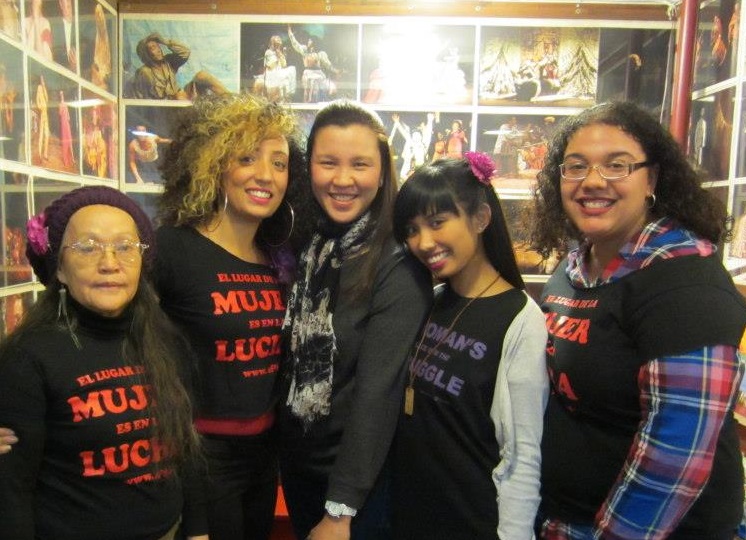
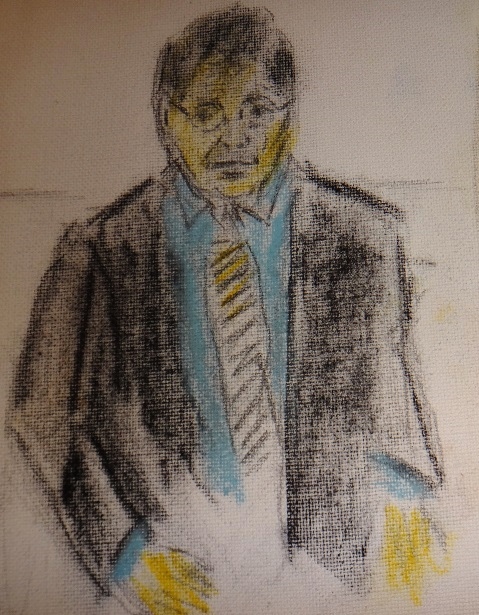
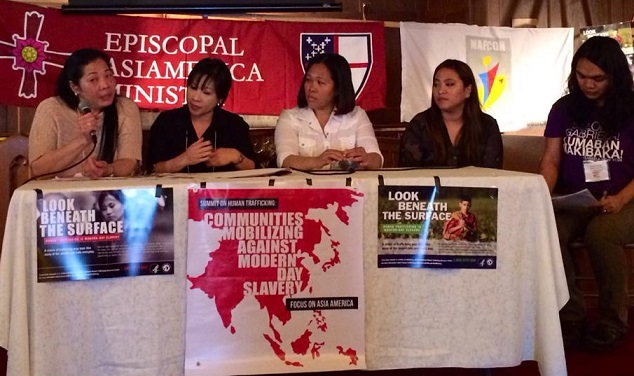



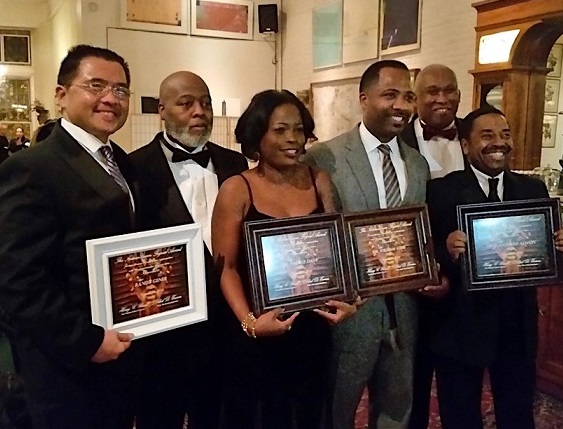



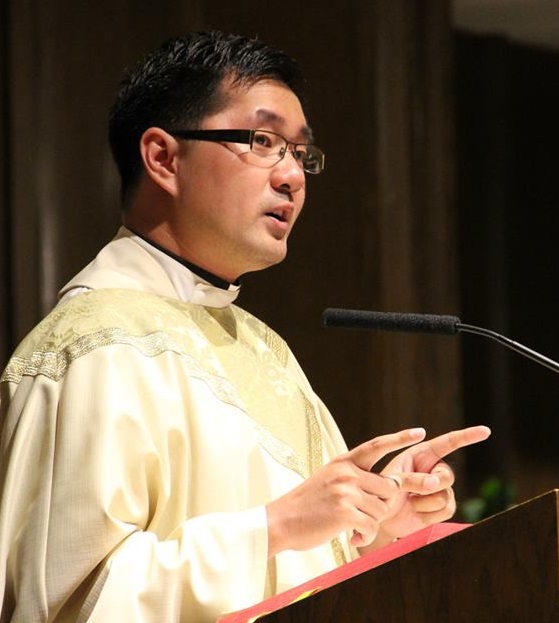


Awesome article thank you for sharing.